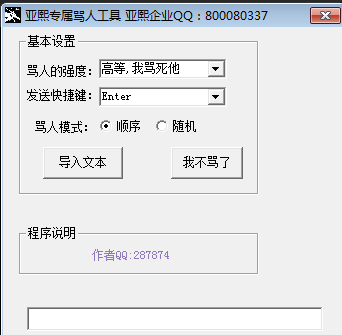解析PHP获取标题的拼音首字母(附代码示例)
时间:2023-04-19 20:22
本篇文章给大家带来了关于php的相关知识,其中主要跟大家介绍php怎么获取标题的拼音首字母,有代码示例,感兴趣的朋友下面一起来看一下吧,希望对大家有帮助。 获取标题的拼音首字母 这里需要注意的是 x 的 ascii 值的区间,有可能会出现判断为空的情况,已做修改。 一、通过计算 ascii 码值对比字母的 ascii 码值得出。 二。获取整个标题的拼音首字母 推荐学习:《PHP视频教程》 以上就是解析PHP获取标题的拼音首字母(附代码示例)的详细内容,更多请关注Gxl网其它相关文章!
public function getfirstchar($s0) { $fchar = ord($s0{0}); if($fchar >= ord("A") and $fchar <= ord("z") ) return strtoupper($s0{0}); $s1 = mb_convert_encoding($s0,"GBK","UTF-8");//iconv("UTF-8","GBK", $s0); $s2 = mb_convert_encoding($s1,"UTF-8","GBK");//iconv("GBK","UTF-8", $s1); if($s2 == $s0){$s = $s1;}else{$s = $s0;} $asc = ord($s{0}) * 256 + ord($s{1}) - 65536; if($asc >= -20319 and $asc <= -20284) return "a"; if($asc >= -20283 and $asc <= -19776) return "b"; if($asc >= -19775 and $asc <= -19219) return "c"; if($asc >= -19218 and $asc <= -18711) return "d"; if($asc >= -18710 and $asc <= -18527) return "e"; if($asc >= -18526 and $asc <= -18240) return "f"; if($asc >= -18239 and $asc <= -17923) return "g"; if($asc >= -17922 and $asc <= -17418) return "h"; if($asc >= -17922 and $asc <= -17418) return "i"; if($asc >= -17417 and $asc <= -16475) return "j"; if($asc >= -16474 and $asc <= -16213) return "k"; if($asc >= -16212 and $asc <= -15641) return "l"; if($asc >= -15640 and $asc <= -15166) return "m"; if($asc >= -15165 and $asc <= -14923) return "n"; if($asc >= -14922 and $asc <= -14915) return "o"; if($asc >= -14914 and $asc <= -14631) return "p"; if($asc >= -14630 and $asc <= -14150) return "q"; if($asc >= -14149 and $asc <= -14091) return "r"; if($asc >= -14090 and $asc <= -13319) return "s"; if($asc >= -13318 and $asc <= -12839) return "t"; if($asc >= -12838 and $asc <= -12557) return "w"; if($asc >= -22605 and $asc <= -11848) return "x"; if($asc >= -11847 and $asc <= -11056) return "y"; if($asc >= -11055 and $asc <= -10247) return "z"; return NULL; } public function pinyin_long($zh) { $ret = ""; if(empty($zh)) { $ret="x"; }else{ $s1 = mb_convert_encoding($zh,"GBK","UTF-8"); $s2 = mb_convert_encoding($s1,"UTF-8","GBK"); if($s2 == $zh){$zh = $s1;} for($i = 0; $i < strlen($zh); $i++){ $s1 = substr($zh,$i,1); $p = ord($s1); if($p > 160){ $s2 = substr($zh,$i++,2); $ret .= $this->getfirstchar($s2); }else{ $ret .= $s1; } } } return $ret; }



























